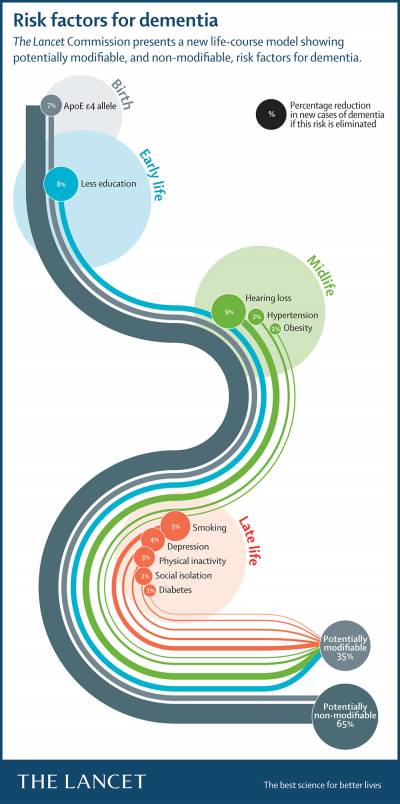The Impact of Dementia
Dementia affects not only the person with the illness, but their family. Family members often find caring for someone with dementia stressful and are at a high risk of anxiety and depression, which can lead to breakdown of care. While the core symptoms of dementia involve cognitive deterioration, people with dementia are increasingly dependent and have impaired social function; as the disease progresses, neuropsychiatric symptoms, such as apathy, agitation, depression, delusion, agitation, and sleep disturbance, become nearly universal. These symptoms can be at least as burdensome as the cognitive deterioration.
The Scale of the Problem
The frequency of dementia is rising as a result of increased longevity. As the population ages, a large and increasing number of people are living with dementia worldwide. In the UK, 30% of the population will die with dementia, and people with dementia throughout the world are more likely to die than their counterparts without dementia. Most care home residents have dementia, and residential care contributes substantially to the costs of dementia-currently US$818 billion a year worldwide.
The Impact on the Economy
In addition, there are strong economic reasons to prioritise dementia care. People with dementia use more economic and social care resources than those with other chronic illnesses, and family carers often stop work to give the required care, with their skills being lost to the economy.
The Future
Although there is no cure for dementia, there is increasing evidence about how to manage some symptoms of dementia and carer stress effectively, and growing interest in the possible role of lifestyle interventions to delay or prevent dementia.
 Close
Close


